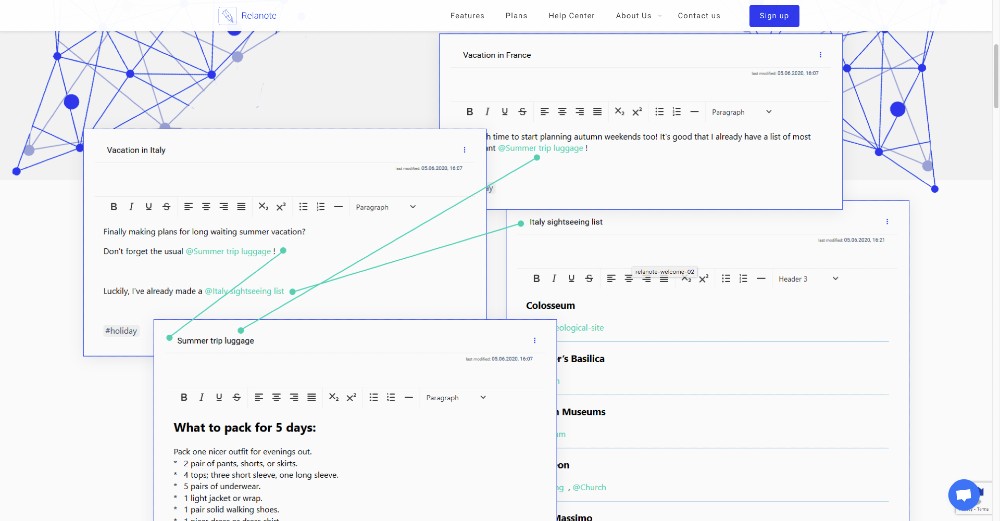The pandemic has generated a tidal wave of house hunters attempting to relocate; previously ignored markets all across the country, particularly in suburban areas, are awash with new clients eagerly seeking an escape from expensive and densely populated cities. Record low mortgage interest rates in the US have only bolstered this migration scramble. The ultra-wealthy are even opting to leave the US entirely, fleeing to regions with fewer cases, such as New Zealand.
Renters, on the other hand, generally don’t have the luxury of being able to afford a house. Most are currently trapped between a rock and a hard place (proverbially speaking).
The extra unemployment assistance granted by the CARES Act, which was helping countless Americans pay rent, expired two weeks ago alongside the federal eviction moratorium. State and local moratoriums on evictions are also withering away. Young adults have holed up with their parents where they can (myself included). Meanwhile, the Senate continues to deliberate on the details of the HEROES Act, which – hopefully – will extend the $600 weekly unemployment bonus, and provide more stimulus checks to people in need.
As renters face destitution, landlords have in turn seen their incomes dry up. Twitter is rich with specific examples of threats and harassment received by tenants from their landlords for failure to pay rent, despite the unemployment crisis, and the cutthroat job competition it’s created. In all fairness, though, small landlords are themselves facing similar heat from their banks. One survey of landlords in Massachusetts, performed by MassLandlords, showed that one-fifth did not know how they would make ends meet this year – clearly a ripple effect from this preventable rental crisis.
The role of demographics here is important to note, as is often the case when housing is concerned. Of course, Millennials have been mostly relegated to renting for a long time. It’s been a meme among my generation for the better part of a decade that very few Millennials will ever end up buying homes, and Gen Z is on a fast track to join us. Not to mention that the historical impact of redlining, which extends several decades, has yet to be reconciled. It can still be seen in the national rates of homeownership which are disproportionately low among non-white, and particularly Black, Americans.
If youth, people of color, and impoverished renters are about to face mass nationwide evictions, the HEROES Act is their best shot at a miracle. But if it fails… then, I guess, Congress will ask that they eat cake.
Desmond Meagley is an award-winning writer, graphic artist and cultural commentator in D.C. A proud YR Media alumn, Desmond's writing and illustrations have been featured in the SF Chronicle, HuffPost, Teen Vogue, The Daily Cal, and NPR among others. In their spare time, Desmond enjoys vegetarian cooking and vigorous bike rides.


















































